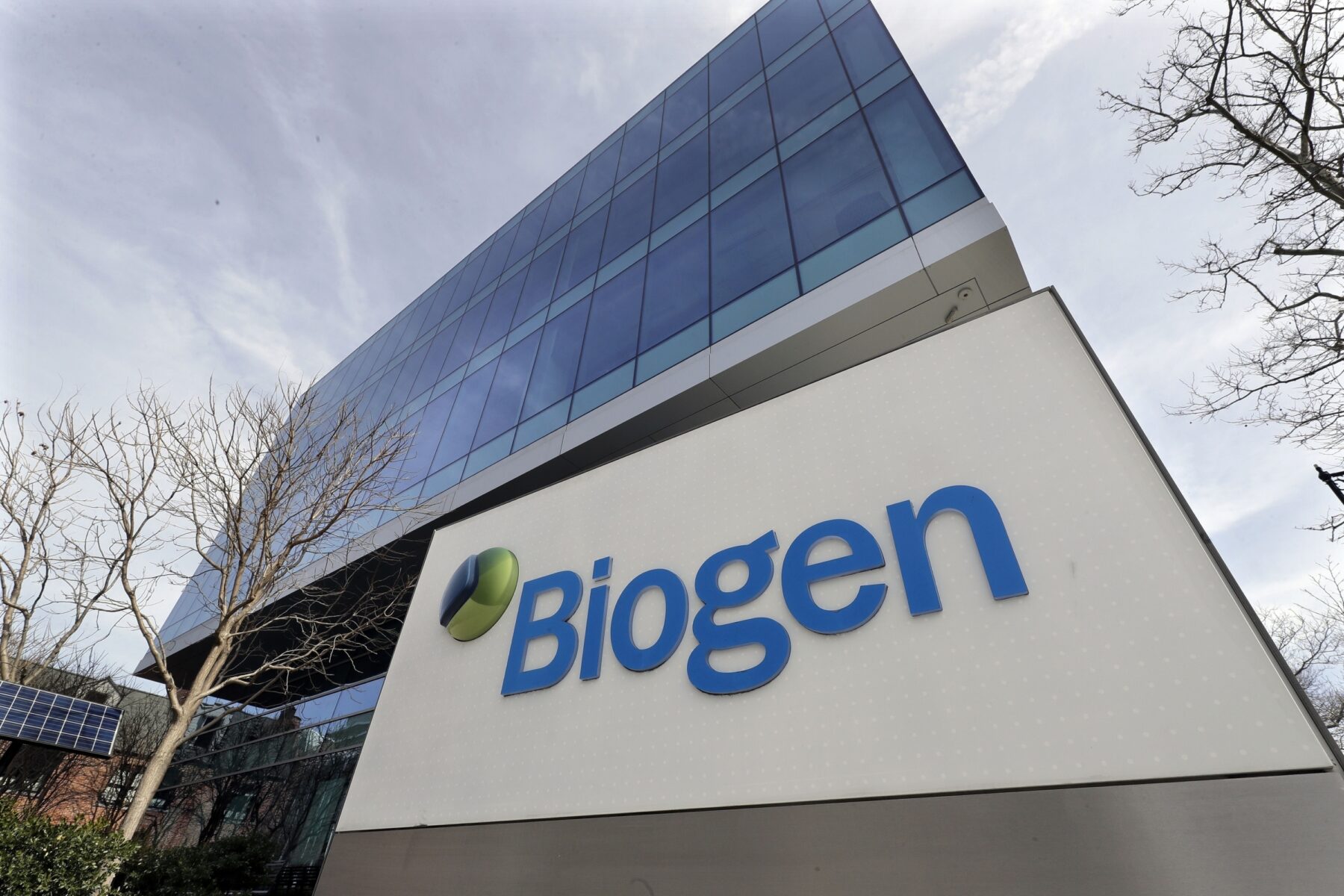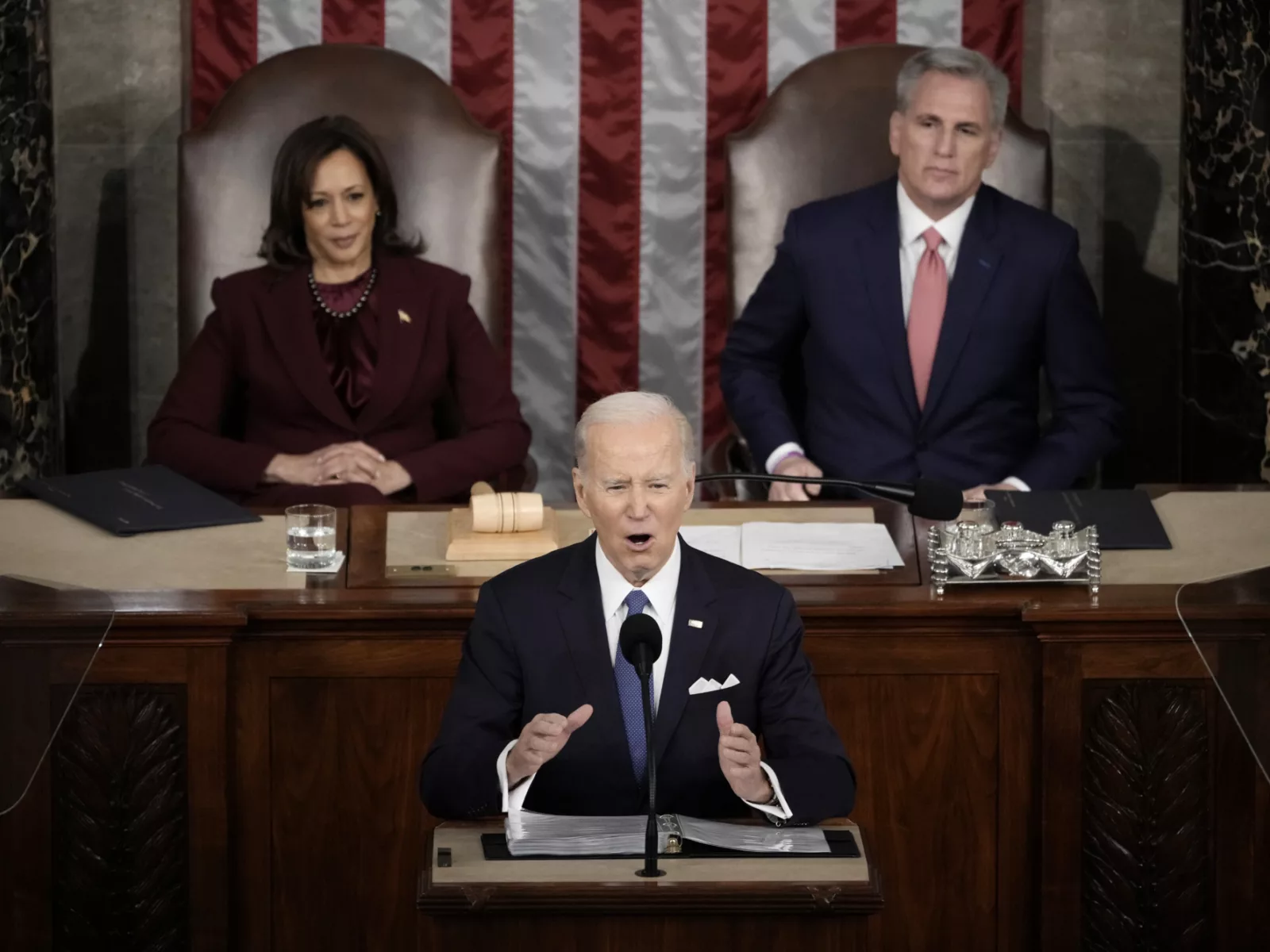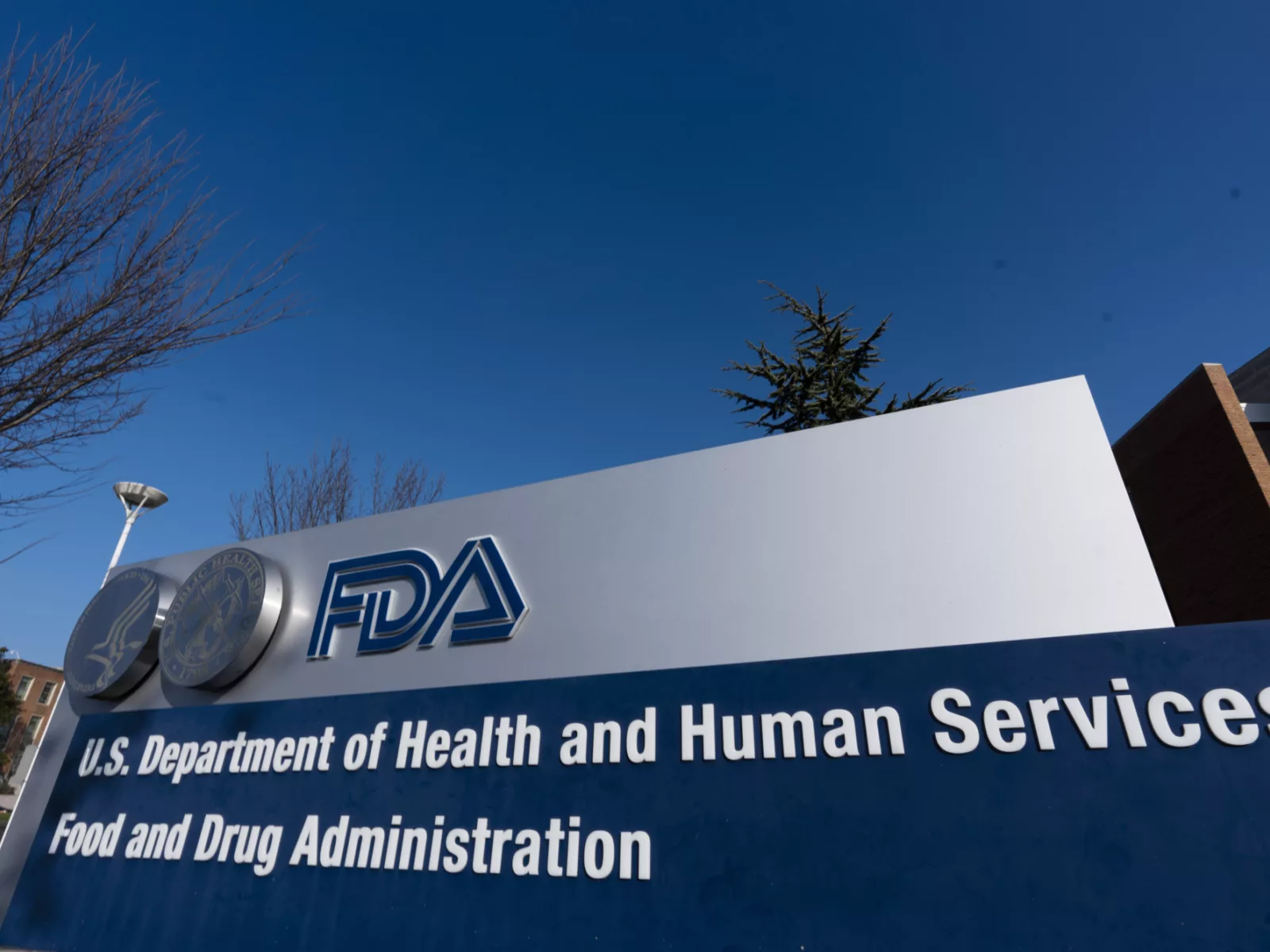Fallout from the Food and Drug Administration’s (FDA) approval and drug maker Biogen’s unjustified launch price for the embattled Alzheimer’s drug aduhelm continued this week when Medicare announced it would only cover the drug — and monoclonal antibody therapies like it — in randomized-controlled trials approved by the Centers for Medicare & Medicaid Services (CMS) or supported by the National Institutes of Health.
The FDA granted accelerated approval to the drug in June 2020, and the drug maker priced it at $56,000 — despite the fact data on the drug’s potential benefits are ambiguous at best and the safety risks are considerable. Months of public outcry over both its approval and price followed. Drug maker Biogen itself said it was wrong about the initial price and slashed the price in half in late 2021.
Where It All Stands
Though the coverage decision was preliminary and may change, it could have notable implications for the Medicare program, Mark Miller, executive vice president of health care for Arnold Ventures, told reporters this week.
The drug was set to drive rising health care costs even higher, adding billions of dollars in extra expenses to the Medicare Part B program — for both the drug’s price tag and the associated costs to administer it. The agency hiked its 2022 Medicare Part B premiums in part to accommodate the anticipated costs of aduhelm. If restricted to randomized-controlled clinical trials, fewer beneficiaries would have access to it than originally planned for, so costs to the program would be lower.
This week, the Biden Administration asked CMS to lower Part B premiums given last month’s price reduction. Hospitals and insurers that have been refusing to cover the drug could be pressured to cover it depending on the scope of a final decision from CMS, which is expected in April.
No Compelling Evidence
The drug industry and Alzheimer’s associations are pushing back on restricted access for this drug and the entire class, but their case is weak. This preliminary decision would still provide access to the product. CMS in its decision memo explicitly stated there is no compelling evidence reduction in beta amyloid plaque causally improves brain cognition or any gain in function.
Congress needs to consider a range of solutions to rein in drug spending — and one is pay for what works.Mark Miller Arnold Ventures executive vice president of health care
Aduhelm was approved through the FDA’s accelerated approval pathway, which allows for earlier approval of drugs for serious medical conditions. Because the underlying cause(s) of Alzheimer’s disease remains unknown, the drug’s approval was markedly contentious.
Additionally, the two pivotal studies were stopped prior to completion by an independent data monitoring committee after they determined the clinical trials were unable to achieve their objectives based on interim analyses. Biogen then conducted a post-hoc analysis on both studies, and only one was deemed partially successful, which FDA used as evidence to grant accelerated approval.
“The clinical trials do not prove that the drug improves cognitive function and comes with real risks,” Miller said. “The FDA didn’t do their job and put CMS in an untenable position.”
Where Policy Solutions Are Needed
The messy saga spotlights the need for evidence-based policy solutions writ large in the drug approval and pricing arenas. There are two categories of policies that work to address these issues, those that change payment incentives and those that change FDA process.
“Congress needs to consider a range of solutions to rein in drug spending — and one is pay for what works,” Miller said.
The price tag of Aduhelm may be high, but there aren’t any policies in place that put downward pressure on launch prices, particularly the launch prices of drugs with limited clinical evidence. Drugs are launching at higher prices each year, particularly for specialty products, which are becoming a larger percentage of the pharma pipeline and, in turn, drug spending. Once launched, drug list prices continue to escalate well above inflation year-over-year, while clinical efficacy stays the same.
Prescription drug spending is rising and expected to grow faster than most other major health care goods and services by the end of the next decade. One in four Americans say they or a family member could not fill a prescription on account of the price.



















